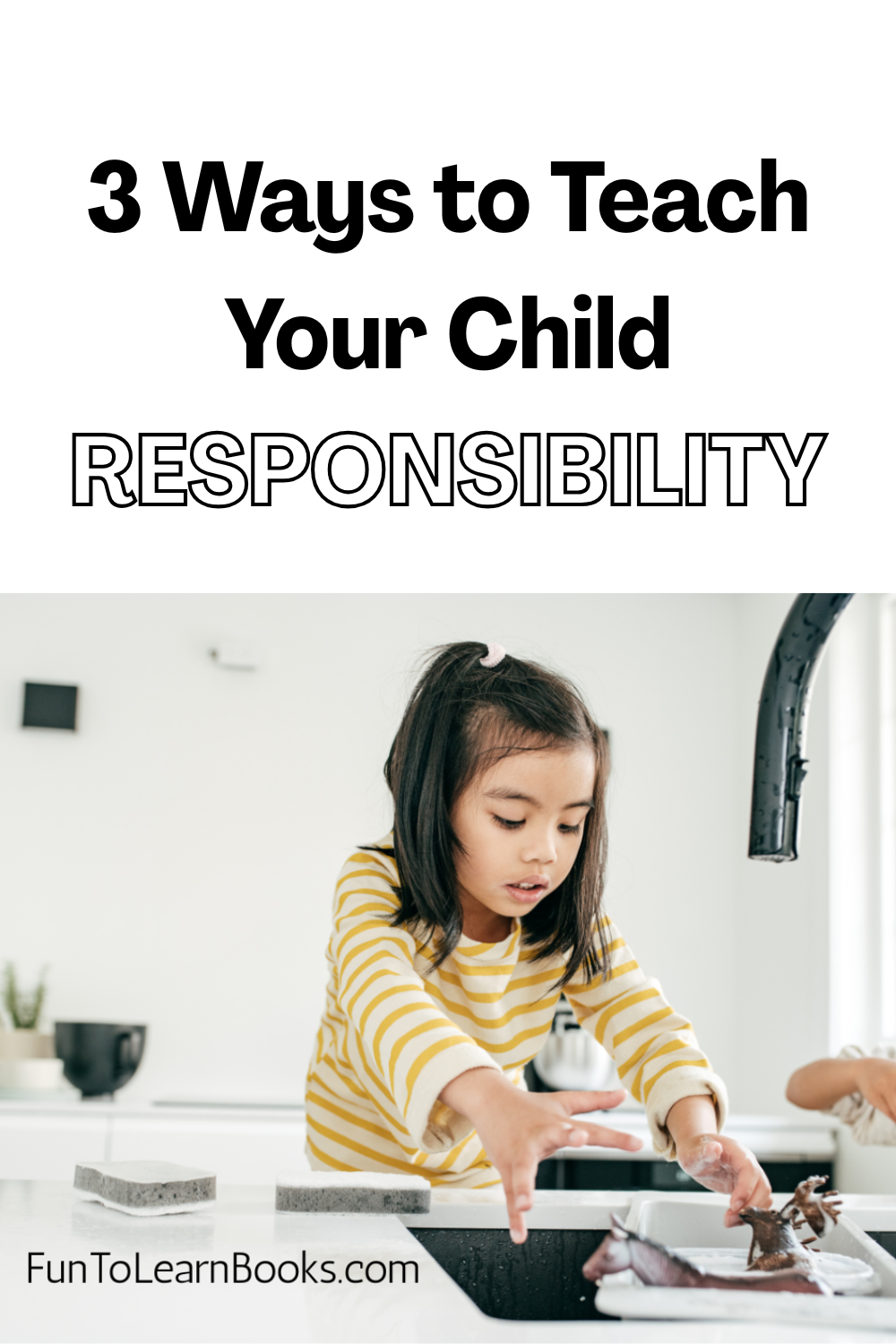Three Ways to Challenge Your Child to Take Responsibility
If your child has not been taking responsibility—whether by not completing chores or schoolwork, or by making excuses—you’re likely looking for guidance to help them step up. Children who learn to take responsibility during their elementary years are more likely to succeed in secondary education, careers, and relationships. Here are three effective ways to encourage them to embrace responsibility:
1. Share the Advantages of Taking Responsibility
Children often focus on the effort required for a task, overlooking the benefits. Explain how taking responsibility can lead to personal growth, trust, and independence. When children handle tasks on their own, they gain confidence and the skills needed for future challenges. Discuss how responsibility leads to a sense of accomplishment, ultimately empowering us.
Brainstorm some privileges your child would like to earn by taking more reponsiblity. Outline your expectations for how they can earn one of those privileges.
2. Discuss a Time When Someone Didn’t Take Responsibility and the Consequences
Share a relatable story about someone avoiding responsibility and the resulting consequences. This could be a personal anecdote or a story from a book or movie. Highlight how avoiding responsibility led to missed opportunities or trust issues. By understanding the potential downsides of avoiding responsibility, children can better appreciate the importance of owning their actions and decisions.
In Training Aliens Level 2, campers learn what happens when one of the aliens refuses to take responsibility for his group’s dog escaping the building. Campers also read a fable or Bible study and another picture book on the topic of responsibility.
3. Give Your Child Responsibility for a Week and Challenge Them Not to Make Excuses
Assign your child a specific responsibility for a week—such as a household chore or a project—and challenge them not to make excuses if they fail to complete it. Encourage them to focus on problem-solving and adaptation. At the end of the week, have a discussion about what they learned and praise their efforts. Celebrating their accomplishments reinforces the value of taking responsibility and boosts their confidence. Assess their progress toward earning their chosen privilege.
By focusing on these three strategies, you can help your child recognize and embrace the value of responsibility, setting them up for success in many aspects of life.
Be sure to read the other 9 posts in the Teaching Social & Emotional Skills Series here.


